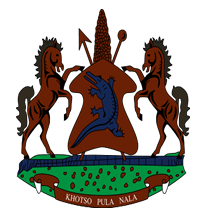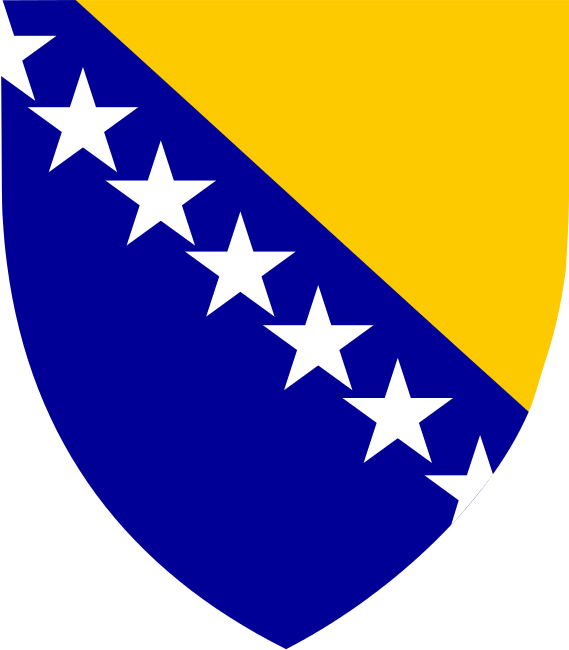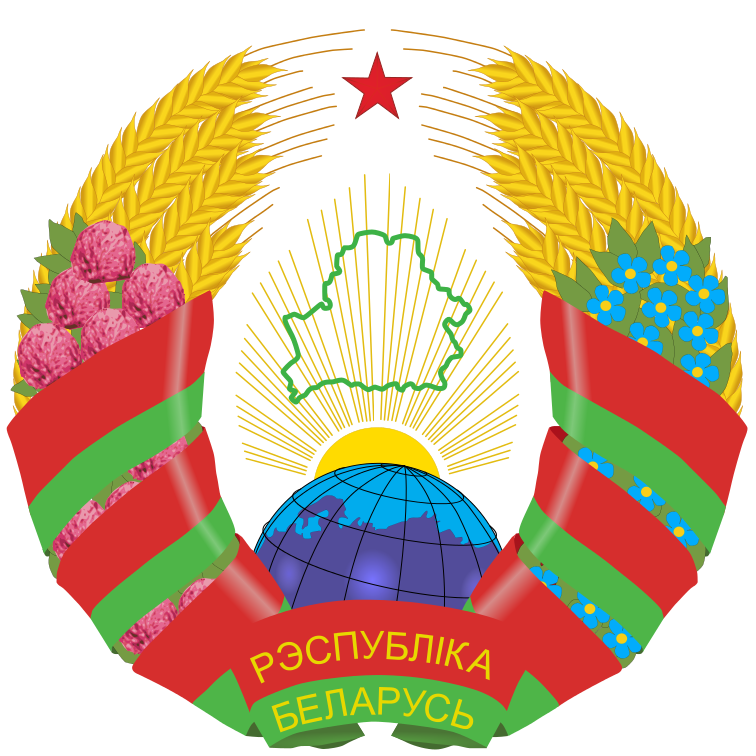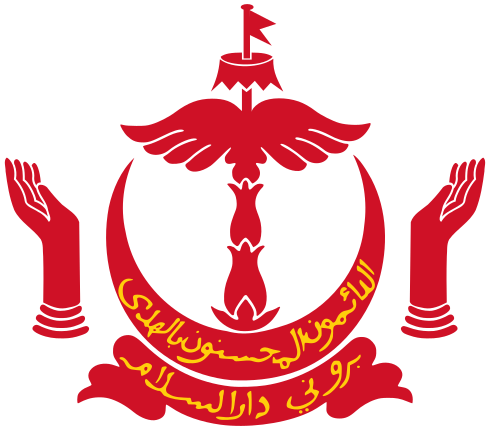Montecristi Vive
Cuál es nuestro punto de partida
La Constitución del 2008 es la más garantista y democrática de toda la historia. En sí, esta Constitución es un proyecto de vida en común, que debe materializarse sobre bases de libertad, igualdad y equidades, en armonía con la Naturaleza, para construir el Buen Vivir o Sumak Kawsay.












